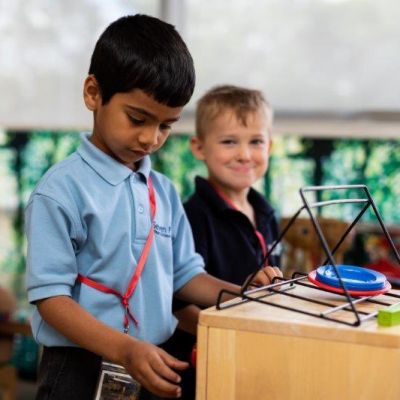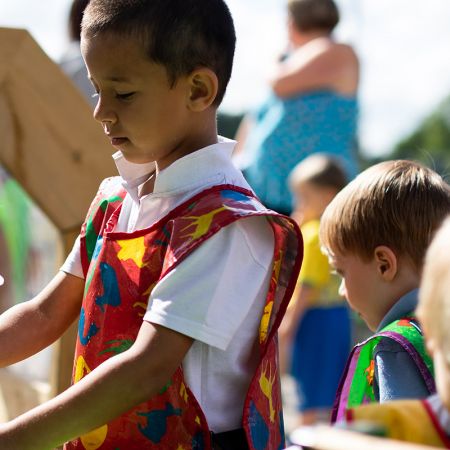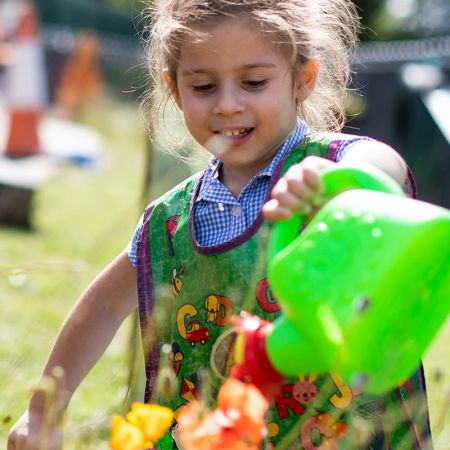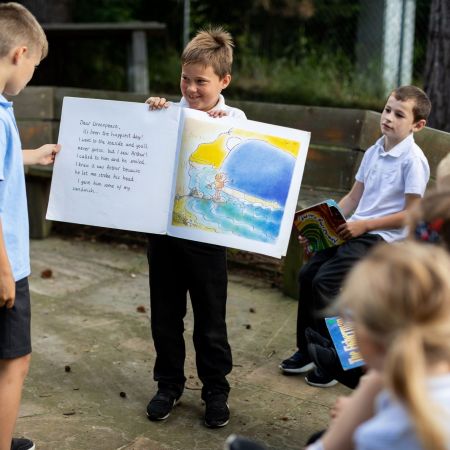Online Safety
Welcome to the online safety page. Here you will find useful links and information on how to help keep your children safe online. If you have any worries or concerns regarding your child's online activities, or would like some one to one advice, please talk to the office about making an appointment with Mr Quinn our computing subject leader or Mr Booth.
Why not try this game from Google that helps to talk about the issues of Online Safety with the children:
Internet safety advice
How to stay safe online for your family and links to internet, mobile and chat safety websites
Using the internet is part of everyday life for children and young people. Children attending school learn about online safety (including phones) as part of their curriculum. But parents and carers also have a responsibility to keep their children safe online. Although for the most part, the internet is beneficial to children and young people, we know that there are sometimes problems.
Parents and carers already do an excellent job of supporting their children to use the internet safely. On this page you can find resources and links to help with this.
Supporting safer internet use
At school when the children use the internet we use filtering software to make sure risky content cannot be accessed. You also have this at home, via your internet service provider. It is also available as a standard service on most mobile devices. Depending on which device or service you use, you can also set time limits, monitor usage and more.
Need advice? The NSPCC has teamed up with O2 network to create a parent helpline to provide advice on filtering, online safety for children and more. You can call them on 0800 800 5002.
Although you can block unsuitable content, blocks can be disabled or worked around. Just as important is sharing information with children about how to use the internet, mobile phones and social networking sites in a safe and healthy way. There are lots of resources linked from the bottom of this page to help with this.
It can be difficult to talk to children and young people about internet safety. They may feel they have heard the advice before, that they do not need it, or that it does not apply to them.
Creating an Online Safety Agreement can be a good way to open up discussion about internet use in your home.
Advice for challenging risky internet use in young people
- Keep communication lines open - if you are not talking to a young person, you cannot support them
- Keep yourself informed - use the internet yourself, be aware of the issues, and know where to go to find support and help
- Be ready to start the conversation - even about difficult topics like grooming, pornography, online bullying, downloading, false news and other illegal activity
- Make rules and agree them - it is helps to explain the reasons for rules, and challenge young people's opinions (that they won't get caught, e.g. or that they're too clever to be caught out by a groomer)
- Beware of blocking and banning - you may drive the young person to a riskier access point
http://www.o2.co.uk/help/nspcc
Social Networking and Messaging Safety
Apps and platforms like Instagram, TikTok and Snapchat are popular among young people, as are online multi-player games like Fortnite. Although these platforms can be fun, there are risks, including bullying and contact from strangers.
The NSPCC has created guides to help parents and children use these platforms more safely.



 Useful
Useful



